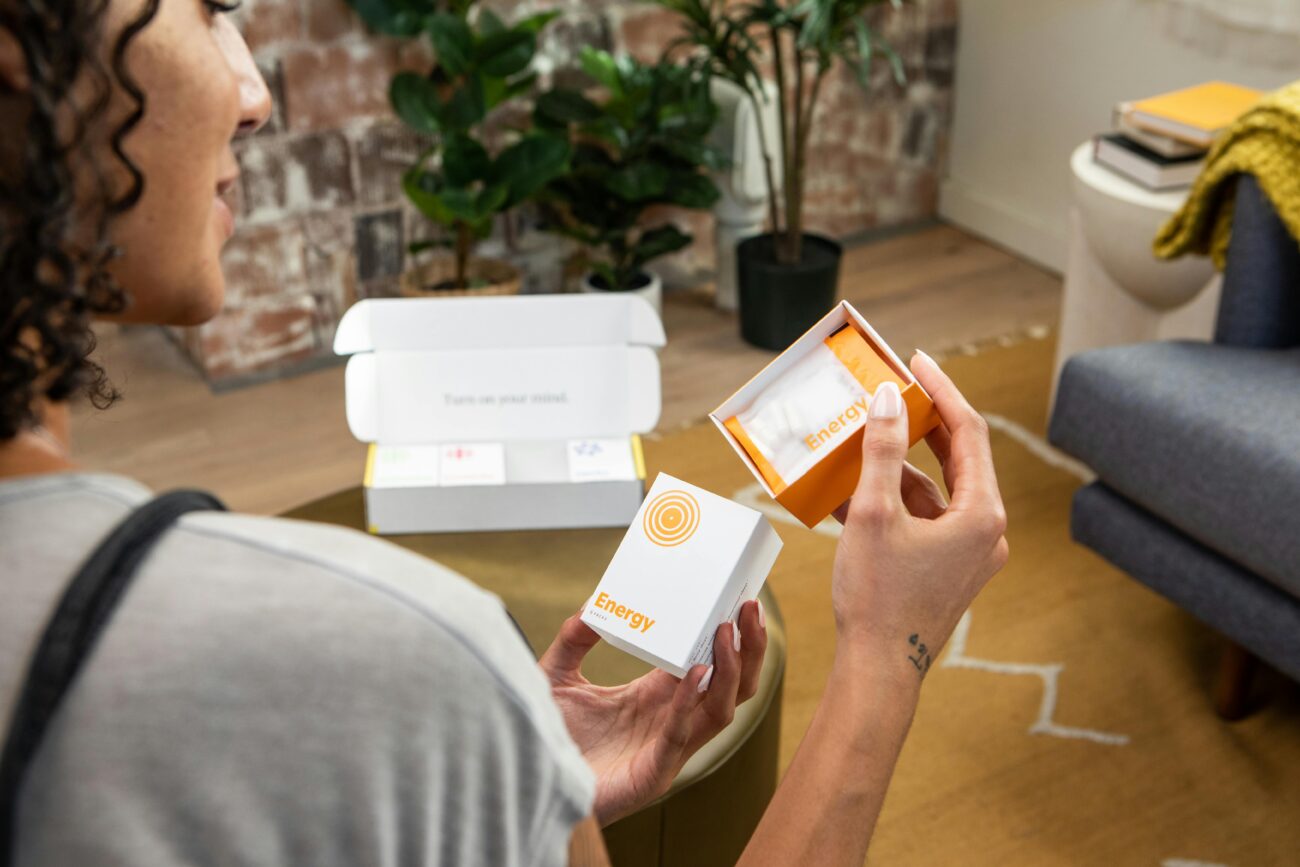In a world where mental performance is more important than ever, nootropics have emerged as a popular tool for enhancing cognitive function. But what exactly are nootropics, and how do they work? Whether you’re a student looking to ace exams, a professional aiming to boost productivity, or simply someone curious about optimizing brain health, this beginner’s guide will walk you through everything you need to know about smart drugs.
What Are Nootropics?
Nootropics, often referred to as “smart drugs” or “cognitive enhancers,” are substances that can improve brain function. The term was coined in 1972 by Romanian psychologist and chemist Dr. Corneliu E. Giurgea, who defined nootropics as compounds that enhance memory, learning, and focus while being safe and non-toxic. Today, nootropics encompass a wide range of natural and synthetic substances, from herbs and vitamins to prescription medications.
How Do Nootropics Work?
Nootropics work in various ways to support brain health and function. Some increase blood flow to the brain, while others enhance the production of neurotransmitters like dopamine and serotonin. Many nootropics also protect brain cells from damage, reduce inflammation, or promote the growth of new neurons. The specific mechanisms depend on the type of nootropic, but the overall goal is to optimize mental performance.
Types of Nootropics
Nootropics can be broadly categorized into two groups: natural and synthetic.
Natural Nootropics
These are derived from plants, herbs, or other natural sources. Examples include:
- Lion’s Mane Mushroom: Known for its ability to stimulate nerve growth factor (NGF) and support brain plasticity.
- Bacopa Monnieri: An ancient herb used in Ayurvedic medicine to enhance memory and reduce anxiety.
- Ginkgo Biloba: Improves blood flow to the brain and has been shown to support cognitive function in older adults.
- Caffeine: A well-known stimulant that boosts alertness and focus.
Synthetic Nootropics
These are man-made compounds designed to enhance cognitive function. Examples include:
- Piracetam: One of the first synthetic nootropics, known for improving memory and learning.
- Modafinil: A prescription drug used to treat narcolepsy but often used off-label for its focus-enhancing effects.
- Adderall: A prescription stimulant used to treat ADHD but sometimes misused as a cognitive enhancer.
Benefits of Nootropics
Nootropics offer a wide range of potential benefits, including:
- Improved Memory: Many nootropics enhance the brain’s ability to store and recall information.
- Increased Focus: Nootropics can help you stay on task and avoid distractions.
- Enhanced Creativity: Some nootropics promote divergent thinking and problem-solving skills.
- Reduced Anxiety: Certain nootropics have calming effects, helping you stay focused without feeling overwhelmed.
- Better Mood: By balancing neurotransmitters, nootropics can improve overall mental well-being.
Are Nootropics Safe?
While many nootropics are considered safe when used responsibly, it’s important to approach them with caution. Natural nootropics generally have fewer side effects, but synthetic options can carry risks, especially if misused. Always consult a healthcare professional before starting any new supplement, especially if you have underlying health conditions or are taking medications
How to Get Started with Nootropics
If you’re new to nootropics, start with natural options like caffeine, L-theanine, or lion’s mane mushroom. These are widely available, well-researched, and have a low risk of side effects. Begin with a low dose and monitor how your body responds. For synthetic nootropics, it’s best to consult a healthcare provider to ensure safety and proper usage.
Conclusion: Unlocking Your Brain’s Potential
Nootropics offer an exciting way to enhance cognitive function, improve focus, and support overall brain health. Whether you’re looking to boost productivity, sharpen your memory, or simply feel more mentally alert, there’s likely a nootropic that can help. However, it’s important to remember that nootropics are not a magic solution—they work best when combined with a healthy lifestyle, including proper nutrition, exercise, and sleep.
If you’re curious about nootropics, start small, do your research, and prioritize safety. With the right approach, you can unlock your brain’s full potential and take your mental performance to the next level.
Have you tried nootropics? Share your experiences and favorite supplements in the comments below!

